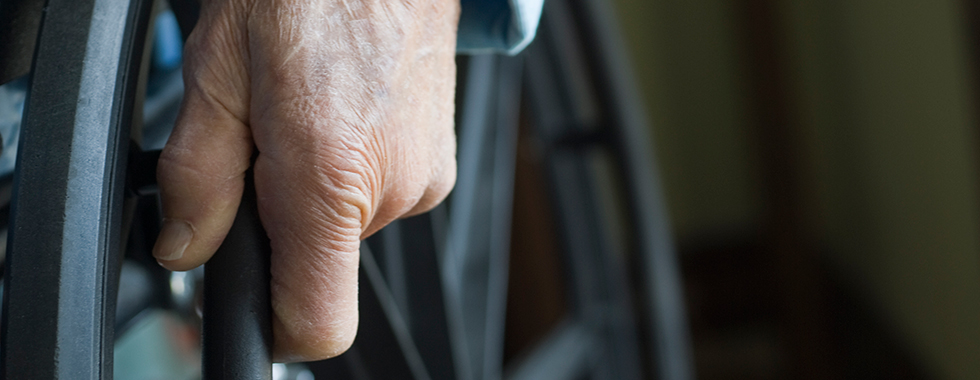A boom in business for the medical equipment market
Maybe it’s cost or the want to keep one’s independence. Whatever the reason, more and more Baby Boomers are opting for in-home healthcare instead of assisted living. Consequently, the medical equipment market is experiencing a boom in business. Yet with prosperity comes responsibility.
While manufacturers are ultimately liable for their products, medical equipment retailers can also be legally at-fault if something goes wrong. That’s why they need professional liability insurance.
Given the rate of Baby Boomers turning 65 every day, this area of business is ripe with opportunities. Yet as profitable as this class of insurance is, retailers can put brokers and agents on a slippery slope in terms of exposures.
Optimize your chances for success. Before you take on such a client, pin down their risk management process by asking the right questions and about the medical equipment market.
- What sort of equipment does the retailer rent and sell? Get a very detailed list of the equipment rented and sold by the retailer. Expect to see everything from bedpans to heart monitors, stair lifts to home monitoring systems. Obviously some products carry more risk than others. Yet what you really want to look for are manufacturers or types of devices with a spotty history or something too new to have a track record. For example, if a particular product has had issues with a faulty gauge or reader, the manufacturer and retailer would both be in trouble.
- How well does the retailer train its associates? Whether it’s in regards to the set-up or demonstration, the person performing the service should be following some pretty stringent guidelines. Provide the associate with a tight checklist. Have the client sign some form of disclosure acknowledging he or she was properly instructed and is satisfied with the service. The retailer should have a spelled-out system of checks and balances limiting their liability exposures. For example, retailers that offer oxygen-related products will often have a respiratory therapist available to their clients. This is to ensure proper instructions are always administered.
- How well does the retailer train its associates? Whether it’s in regards to the set-up or demonstration, the person performing the service should be following some pretty stringent guidelines. Provide the associate with a tight checklist. Have the client sign some form of disclosure acknowledging he or she was properly instructed and is satisfied with the service. The retailer should have a spelled-out system of checks and balances limiting their liability exposures. It’s also important to get an idea of how the retailer handles orders in terms of accuracy, efficiency and quickness. This is especially important when it comes to products where speed matters. If a retailer fails to deliver something like an oxygen tank in time to a client, a lawsuit is sure to follow.
- Are you sending a carrier “bad” business? It’s never a good idea to sacrifice long-term profitability for short-term gain. So be honest with yourself. After getting answers to these questions, will a particular account lead to a huge loss? Are the professional liability exposures just too much? Keeping your carrier happy will lead to healthy profits for everyone involved.




